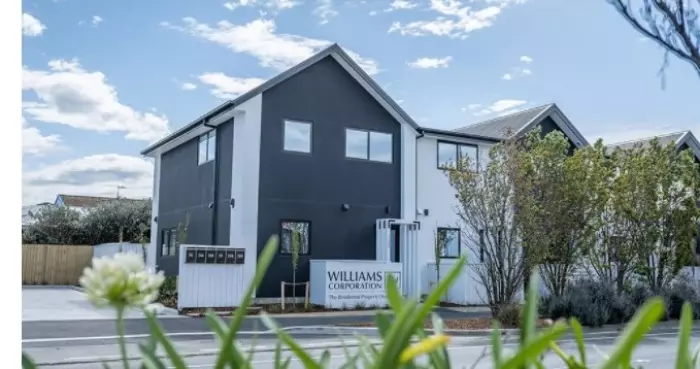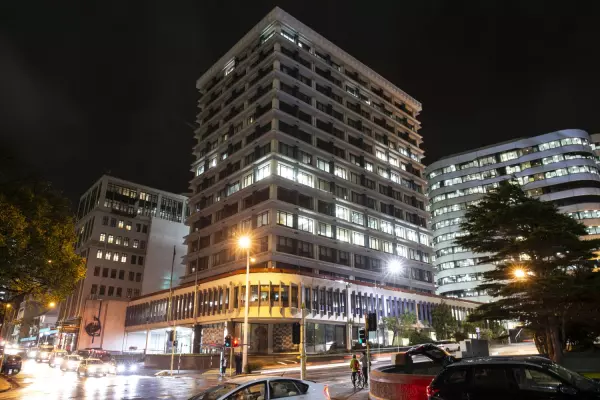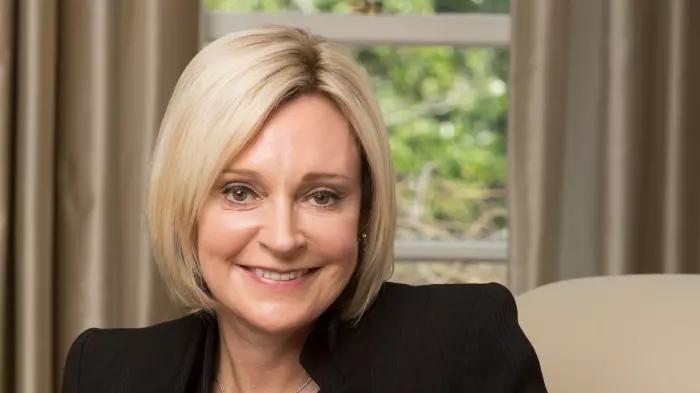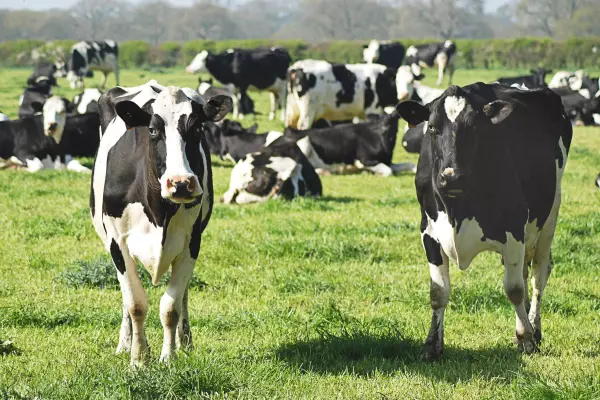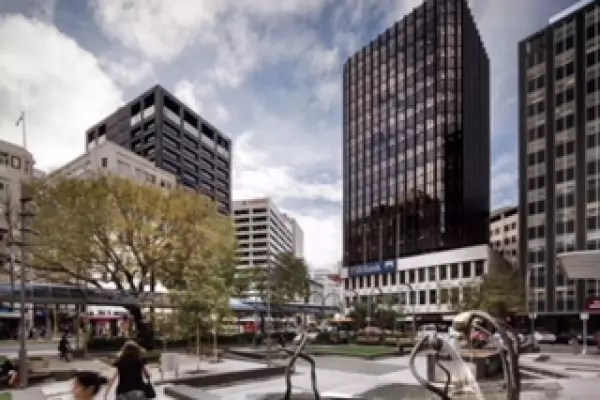It's been in business for as long as the government’s underperforming Kiwibuild housing scheme but Williams Corp says it is cracking along at more than one home per day, having developed and sold 226 affordable homes in the past three months.
Like the rest of the property market, post-lockdown has been a boom time for the company, with sales of more than $124 million - representing more than half of the 450 deals it's done since two Christchurch friends started the firm in 2012.
That compares to Kiwibuild’s 193 homes it managed to finish since July, out of a total 645 built to date. And that begs the question; how is it a privately run, upstart property developer can manage to build more houses on an affordable basis than the government’s flagship housing scheme?
What is fundamentally different is, unlike government, the firm’s founders – Christchurch young gun developers Mathew Horncastle and Blair Chappell – have a clear vision, a workable plan and a sound model.
The model is premised on so-called infill developments. This means finding well-located older, run down homes in good locations with a fairly large footprint and replacing them with new, generally townhouse or terrace houses at a price appealing to first home buyers and investors – two of the major drivers of the current market.
The other advantage the two friends have, is they are building houses in areas people want to buy houses. This means places like Lower Hutt, where the firm recently brought two-bedroom homes to market for $510,000, selling out in one day for a 10 percent deposit per unit.
Shorter time frames
That is unlike Kiwibuild, which last year was forced to ‘reset’ its plan, putting homes in Te Kauwhata, Canterbury and Wanaka that hadn’t sold onto the open market. In total, there are still 410 homes underwritten by the scheme available on the market.
To be fair, the government hasn’t pinned all its hopes on Kiwibuild salvaging NZ’s housing shortfall. State housing under Kāinga Ora accounted for 173 homes last month, for a combined 3,558 built over the past two years. And the scheme reports it will complete 912 homes by the end of the year, a little over double what Williams Corp will bring to market.
Horncastle, son of successful Christchurch property businessman Bill Horncastle, founder of Horncastle Homes, said a key part of the firm’s success is using modern building techniques such as pre-constructed factory made ‘pods’ with frames, floors, ecoply and trusses.
“It lets us shorten delivery time frames, results in a safer worksite and ultimately reduce costs.”
The firm counted 18 properties in Christchurch, another 24 in the fast growth areas of Henderson and Glen Innes, and 11 in Lower Hutt, with a general focus on building between five and 50 townhouses per development.
The firm also uses social marketing vehicles like Instagram to test the market ahead of release, as part of detailed 'pre-release' research.
He said when it comes down to real consumer demand, "we want to understand what the market wants, which is generally the best property in the best location for the lowest price with the strongest yield."
"So our simple focus is on providing that, and more often than not that will be a one-bedroom townhouse without a car park."
Chappell said the firm also limits its timeframe to how many homes it delivers per year, versus "work in progress", where some companies are planning 4,000 houses but may only deliver 600 per year, "whereas if we plan to build 400 houses, we deliver 400."
"Firms are preoccupied with the size of the beast not how efficient that beast is and they can get away with it because of the aggressive house price inflation in NZ."


